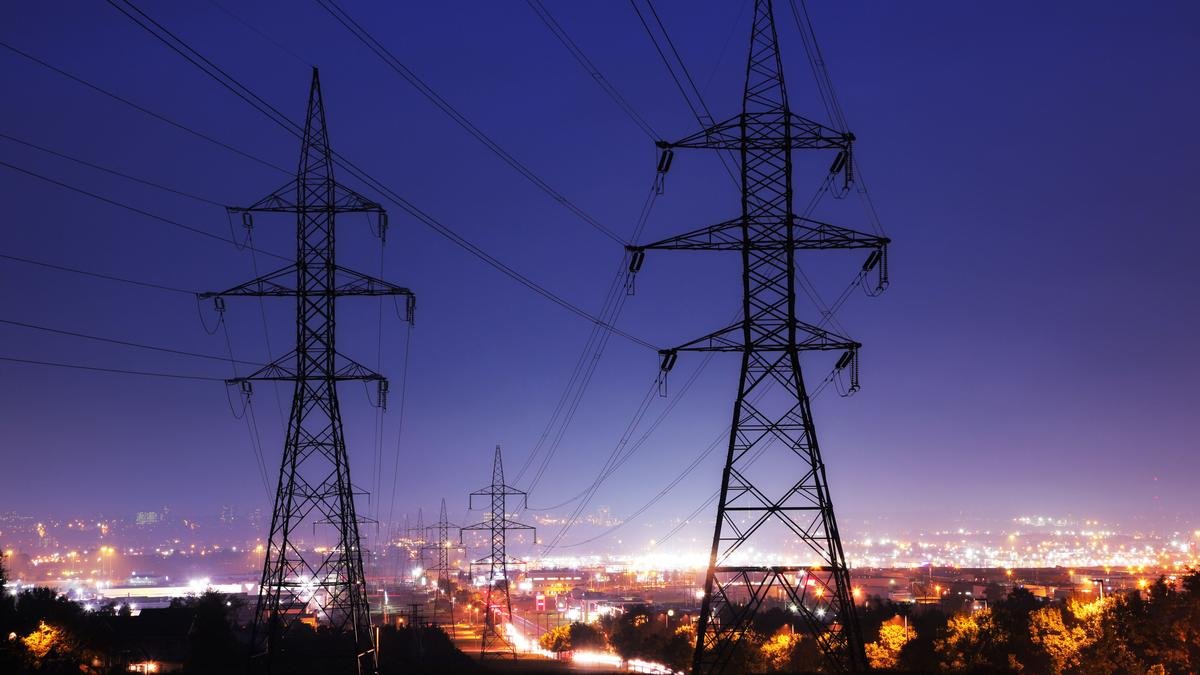Centre proposes sweeping power sector reforms; opens distribution to private players


The amendments also propose allowing distribution licensees to supply power through their own or shared networks
| Photo Credit:
buzbuzzer
The government has released draft amendments to the Electricity Act, 2003, signalling a major policy shift in the power sector with two key proposals — opening up power distribution to private players and introducing accountability measures for electricity regulators.
According to the draft Electricity (Amendment) Bill, 2025, the Power Ministry has proposed that State Electricity Regulatory Commissions (SERCs) will actively promote market development, including power trading. The commissions may introduce and regulate market platforms, intermediaries, and new products such as non-transferable specific delivery contracts for difference.
The amendments also propose allowing distribution licensees to supply power through their own or shared networks, subject to regulatory approval and applicable charges. Currently, multiple licensees operating in a single service area are required to maintain separate networks, leading to duplication of infrastructure and higher costs.
Key reform
A key institutional reform proposed is the creation of a National Electricity Council, headed by the Union Power Minister and comprising state power ministers as members. The council will advise on policy measures, build consensus on reforms, and oversee their coordinated implementation.
Despite major structural changes since the original Act was enacted, the ministry noted that the distribution segment remains financially stressed, with cumulative losses exceeding ₹6.9 lakh crore. Regulatory delays and the burden of cross-subsidies, which have inflated industrial tariffs, have hurt both the financial viability of discoms and industrial competitiveness.
Broader push
The amendments also empower the Centre to promote and regulate power trading platforms and new market products, marking a broader push to build a more competitive electricity market that enhances price discovery, operational flexibility, and renewable integration.
The concept of separating “content” (retail electricity) from “carriage” (wires) was first outlined by NITI Aayog in 2021 as a way to introduce retail customer choice in the sector. However, the Centre’s earlier attempts to push through these reforms have faced strong opposition from states. In 2022, several States objected to the proposed separation, citing concerns over loss of autonomy and the impact on India’s federal structure.
Regulator oversight
In a notable shift, the draft also introduces provisions for disciplinary action against members of the Central and State Electricity Regulatory Commissions (CERC and SERCs). The government may intervene in cases of wilful violation, gross negligence, or failure to discharge statutory duties, marking a departure from the high degree of autonomy regulators have traditionally enjoyed.
To accelerate India’s clean energy transition, the Bill empowers the CERC to develop market-based instruments aimed at attracting investment, fostering competition, and ensuring faster renewable capacity addition. It also allows the Central Government to set enforceable non-fossil energy consumption obligations under the Electricity Act.
India currently has around 67 power distribution companies (Discoms), of which 16 are privately operated across Delhi, Mumbai, Odisha, West Bengal, Gujarat, and Dadra & Nagar Haveli. The key private players include Tata Power, Adani Group, Torrent Power, and the RP-Sanjiv Goenka Group’s CESC Ltd.
Published on October 10, 2025


